The Gap Between Real World Healthcare & Social Media
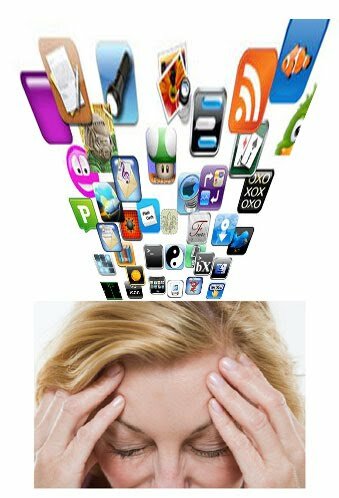 When More Is Less, and Less Is More
When More Is Less, and Less Is More
Part of what I like to think makes my blog unique is that I’ve been a cancer patient as well as a clinician treating cancer patients. So, I have one foot in each camp, as it were.
This blog, and my introduction to social media, germinated almost ten years ago after I had been diagnosed with breast cancer in July of 2008. Desperate for help and information, I found my way, as many have and many will, to BreastCancer.org and it’s online, peer support community. Dozens, possibly hundreds, of the people I connected with in that community are still my friends online all these years later on other social media. Then and now, these friends help validate my experience and often provide helpful information about breast cancer and treatment and side effects and middle-of-the-night freaking out. Back then, communicating with them spurred me to start reading research studies again, which I hadn’t done much of since physical therapy graduate school. Because of that, I began to connect with clinical and medical and science websites, and with researchers who’d published interesting studies or were seeking study participants. One of the most helpful experiences I had early on was finding an online listing for two doctors within driving distance who were conducting a clinical trial on treating cancer related fatigue. Thus, I am one of the first people to extol the virtues of social media and of those of us who employ it to advocate for better healthcare.
But…
And it’s an important ‘but.’ I may write about healthcare here in cyberspace, but in my daily, real-world job, I work in the concrete world. I do connect with a secure server to upload my patient notes and download my schedule each day on my work laptop. And I email my colleagues and share a few pdf’s.
But my real work has little to do with zeroes and ones. I see patients of all ages, with all kinds of healthcare problems, in their homes, and try to teach them to walk better or not fall or to get out of bed without pain. And I have to tell you that, for most of them, social media has little to no impact on their experience of their own health and healthcare. A few of them might have a Fitbit. A few might have a patient portal account that they use to email their doctors’ offices or confirm upcoming appointments. And that’s about it.
The last thing that most, perhaps nearly all, of my patients would consider doing when they have a health crisis is to get online. You’d be forgiven for thinking this is an age thing, that it’s because most of my patients are elderly. And you’d be wrong. Sometimes, it does occur to a few of them, or to one of their family members or caregivers, to buy things like tub seats and walkers online. Most of the time, however, I have to tell them they can buy that stuff online. I have to tell the folks who have uncommon chronic diseases, or even common ones, that there are online communities that can help them feel less isolated. I have to tell them that there are websites for our state’s department of health, the department of elderly affairs, the local hospital or orthopedic practice, for Cancer.org, for the American Diabetes Association, etcetera, ad infinitum.
Pay No Attention to That Charlatan Behind the Curtain
Why don’t people get online for help with their health issues? Because they have health issues. Which means that they feel like shit, they’re exhausted, confused, overwhelmed, in pain, and generally gobsmacked. And the last thing they feel like doing is anything that does not immediately and concretely help them to feel better. And you know what? Mostly, I’m glad they don’t get online. I want them to listen to me and their doctors and nurses, and to follow our advice, not to read most of the execrable bullshit that passes on the web for healthcare information. I do not want them getting their health advice from the likes of Gwyneth Paltrow or Dr. Google. It’s bad enough that they watch TV. I wish I had a dollar for every time I’ve had to refute some nonsense a patient heard via Doctor Oz.
It’s hard enough for me to sort through the dross on the web to find the genuine nuggets. And I have an advanced degree in science. And I still get hoodwinked sometimes. But I also have online friends who are scientists, doctors, and intelligent healthcare journalists, and we help each other wade through the swamp.
That is not, however, true for most people. I have some very admirable friends online who have devoted themselves to improving health literacy, who work hard to improve their own, so that they can provide the patient’s perspective to researchers who design studies. But the odds that most of the thousands of people I have ever treated in the past twenty-five years could or would find their way to these web advocates or others like them is a snowball’s chance in hell. For real.
A Breed Apart
The thing to keep in mind is that those of us who are members of the healthcare social media community are not most people. Yet we may think we’re more important than we really are to most people. If there’s one thing that social media is good at, it’s declaring how important and influential social media is. And that’s true, up to a point. But we need a little humility, a little perspective about our role. When you have crushing, unrelenting chest pain, the sensible response is not to Tweet about it. You call a freaking ambulance.
I remember the first time I took a survey — one of several over the years — about how useful social media had been to me as a cancer patient. It was put together by a grad student who was working on her Ph.D. and whose mom had had breast cancer. It was pretty good. But when I got to the questions about who did the most to help me outlast cancer, or who I could most count on in a crisis, none of the answers included social media. The answers included the doctors and other clinicians who treated me, and the friends who drove me to see them. And yet, to hear some tell it, social media is going to save us all and reinvent the healthcare system. Really? Tell that to all my patients and work colleagues. Social media has facilitated awareness, research, and patient support. And it will continue to spur new and worthwhile ideas and projects. But the rest of the fix is not that simple.
In the Trenches
If you want to hear a passionate discussion about how to fix the healthcare system, talk to another clinician. And I don’t mean online. I mean in person, in a clinical setting or at a seminar. Or at the local pub over a beer or three. You’ve never heard intelligent snark like you’ll hear from us. A few of the doctors I’ve known over the years, who have also treated me as a patient, are especially enlightening. When I see them for a checkup, we often spend the first few minutes having a nice, soul-cleansing rant about it all. Do they check out social media for ways to further the cause? Hell, no. They have neither the time nor the energy. Frequently, neither do I. We’re all too busy trying to help our patients get better, or returning their phone calls, or typing notes about them on a computer, or wrangling with insurance companies and their criteria for reimbursement, or going to meetings and continuing ed seminars so we can remain competent enough to keep our licenses. On a daily, practical basis, has social media or digital documentation made our work easier or better? Not really.
I don’t have any immediate answers to this conundrum. And the ideas I have would require another blog post. But I can tell you one thing. When my patients improve, it has everything to do with how much access they feel they have to a real-world clinician who knows them, and how empowered they feel to take responsibility for their health. And then to do what they truly need to do in order to get better. And that’s where fostering the nexus between social media and the real world may be genuinely useful. Any and all ideas welcome. In the meantime, onward, friends.
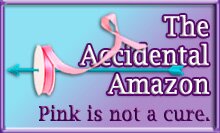
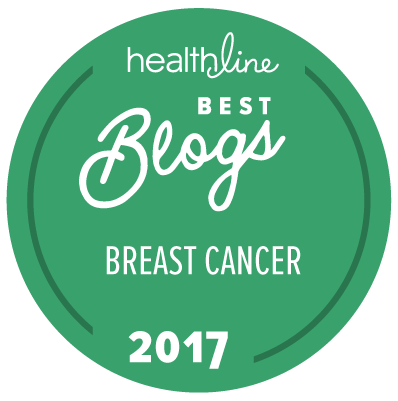



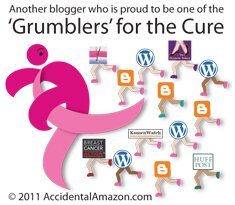
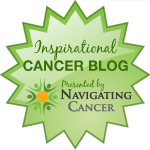




I have to laugh about the “call an ambulance, don’t tweet about it”. Didja ever notice how annoying it is to call the pharmacy or the insurance company and get the lecture to call 911 if this is an emergency. And for me, calling the latter, I’m doing it on behalf of a provider, NOT as a patient, so the whole thing is dumb. And of course after the hoops I jump thru and the non-answers–with no assurance the provider will get paid–well, I can GIVE somebody an emergency, hmph!Of course, in seriousness, it does concern me that 1) do these companies assume ppl are so stupid they need to be told, but on the other hand 2) with so much rumbling from politicians and insurance companies about unnecessary doc/ER visits driving up costs, well, can we be blamed if we call the company to be sure there will be coverage for our excessive bleeding?
It’s difficult, I loathe the TV shows (Oz), the celebs with cancer, the online death of expertise. But I still love SM from a coping perspective, I guess. I know you shared HNR latest piece about Oz, did you get a load of the comments? It reminds me I need to read “Death of Expertise”. xoxox Wendi